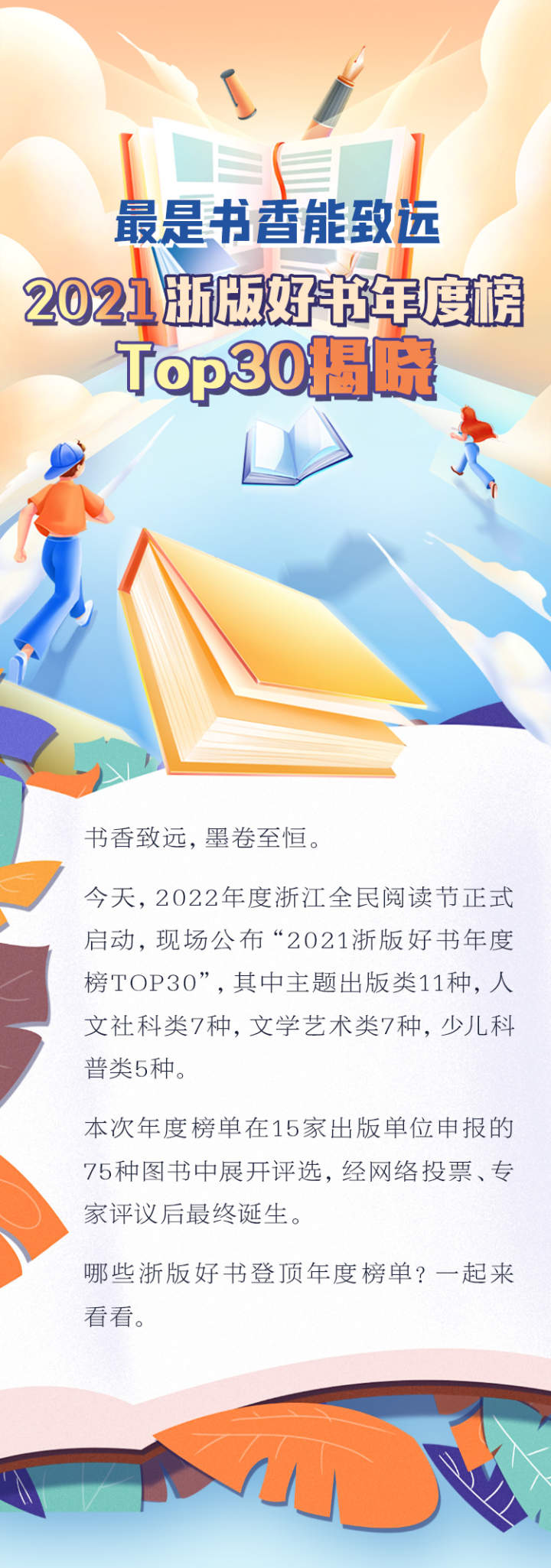How does the Ming Dynasty supervise the Royal History?
Author:Audit observation Time:2022.06.15
Who will supervise the Royal History? Almost anyone can.
If there is a legitimate reason, any official can impeach the supervisory officials. The impeachment right is not the patent of the supervisory official. If there is any discomfort, any civilians can complain to the imperial history to follow the inspection, or complain about the Metropolitan Institute by hitting the drums.
In addition, supervision officials must also supervise each other. The patrol is responsible for supervision and inspection by Royal Shi; the prisoner, the governor, and the other local supervisory officials must also closely supervise the patrol to follow the royal history. Henan Daoyu Shi is responsible for supervising all the activities of the Institute of Inspection.
Like other civil servants, supervision officials have to be inspected. The higher -level administrative officials regularly inspect them after the end of the supervisory official): according to the inspection to investigate the inspection, the inspection deputy ambassador or the inspection; Middle; Henan Road and Dudu Shi inspect the monitoring of the Royal History. On this basis, the Ministry of Officials has further reviewed and decided to promote or lower relevant personnel. Due to the "eyes" of the monitoring Royal History, the promotion or surrender of their emperor needed to obtain the consent of the emperor.
After the supervision of the Yushi completes the provincial dispatch (especially the patrolling), he must also undergo a special inspection; the sentence will also accept the inspection after the officials of the prosecutor's office will be held in various ways. The report submitted by inspection officials provides a basis for these inspections.
For example, the Ming Dynasty clearly stipulated that in addition to the conventional work, inspection officials must complete at least 70%of the special tasks, otherwise they would be impeached because they could not do their due diligence. Examiners are also responsible for the expense accounts submitted by these officials.
In the years of God's rule, the inspection of supervisory officials seemed a bit relaxed, but by the 1920s, the relevant regulations were strict. In 1623, Zhao Nanxing of the Royal History proposed that the final report submitted by Royal History should not be tried by Henan Road, and other various monitoring of Royal History should be reviewed. In 1624, Du Yushi Gao Panlong ended the dispatch of the Huaihe River and returned to Duchangyuan to impeach Cui Chengxiu.
Supervisor -especially in the monitoring of the royal history and the incident -there is great independence in action, which can directly show the emperor's sparseness, so it is regarded as the representative of the emperor rather than a superior official. In fact, Du Yushi and Du can punish supervisors through inspections and impeachment, and their influence is also important. Examples of Du Yushi Liu Guan show that monitoring Yushi is sometimes subject to the constraints of the capital. Of course, the most important thing is that the emperor has the right to dispose any supervisory officials. (This article is excerpted from the "Ming Dynasty Supervision System")
Source: China Founder Press

- END -
The good book guide is here!2021 Zhejiang Edition Good Book Annual List TOP30

Zhejiang News Client reporter Yan grain design Zhu Xi
Cultural and Tourism Director of Cultural Tourism: Do a good job of "Spring Water Articles"

[Cultural Tourism Director of Calligraphy Travel] Jinan: Do a good job of Spring W...